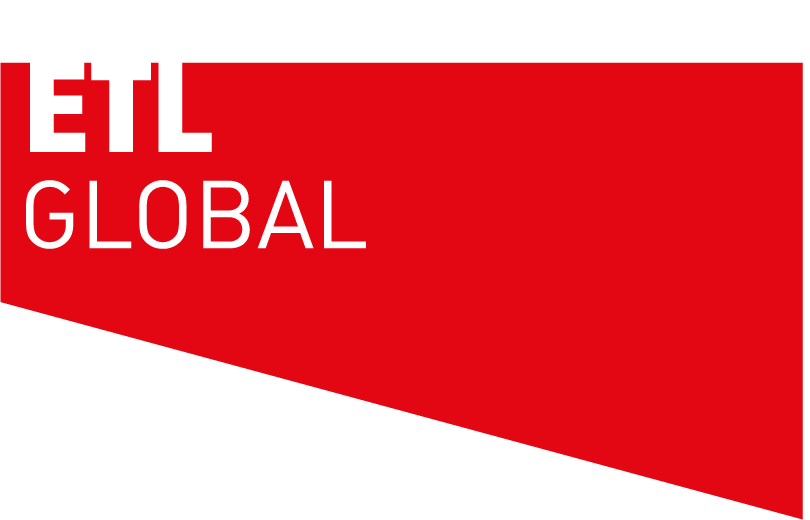COMMUNITY
Stress Awareness Month 2022
April is stress awareness month. The theme for this year’s campaign is “community”.
With the challenges that we have faced during the pandemic, many individuals have seen the importance of community and how much a lack of social interaction can contribute to stress and wellbeing.
We’re launching a campaign that celebrates this event. We hope to inspire other companies to take the lead and boost workplace wellbeing.
Over the month we will be publishing resources that will promote awareness of the effects of stress and how we can tackle them. By managing stress correctly, we can invest in ourselves and our team.
HR: Ways to strategically focus on employee stress levels.
For many Human Resources (HR) professionals, the last two years have been a wild roller coaster. However, despite the challenges, HR has emerged with renewed credibility from the pandemic. 72 per cent of leaders felt the value of their role increased, whilst 54 per cent of employees said they had a better understanding of HR’s role and value to the organisation. Now things have settled and the plates have stopped spinning, we’ve taken the time to reflect on the journey of our HR teams and how their roles have been shaped for the better.
We asked Eleanor Taylor about her experience as an HR professional for EKW Group during the national lockdown.
“When the Covid-19 pandemic hit, as HR professionals, we had to work in a way that had never been done before – we had to orchestrate people working from home and furlough. Imagine trying to create a policy on something you’ve never experienced! It was definitely a challenge. Ensuring the well-being of our employees was a top priority – as you know, Covid-19 induced so much anxiety and worry to the point that even seeing your family members became a challenge.
Having been through a particularly difficult two years and now emerging on the other side, we can see how much working life has changed and how adaptable we can be as a company and as individuals.
There are plenty of positives to come out of lockdown, and we now have a clear understanding of how we can move the company forward with new policies and procedures.”
Stress Awareness Month is close to home this year. After spending two years in a national lockdown, working from home and dealing with increased responsibilities, stress levels have heightened, causing an increase in individuals experiencing anxiety and depression. Studies have found that over 50% of workers have reported anxiety symptoms.
The role of HR is critical to promoting good health and psychological well-being. The department has many focuses: a major one is ensuring staff wellbeing is prioritised and considered. This creates a secure, motivational workplace with an inclusivity culture that can help lower sickness absences. Statistics show that in 2018, 15.8 million UK workdays were lost due to mental illness and stress. Various elements can affect employee wellbeing: physical demand, communication, growth, justice, job insecurity, office relationships, etc. The list is endless, especially if we consider individuals’ responsibilities once they clock off work. Stress.org identified that 65% of people are more stressed than before Covid-19.
Stress is an emotion we will all experience in our lives, and the way we handle it is entirely personal. Approximately 1 in 4 workers will experience some mental health problem in the workplace. However, sometimes stress becomes overwhelming, ultimately affecting how we work and live. Stress is a prevalent trigger for anxiety and depression. Therefore it is essential to take care of our staff by providing any support that might be required.
HR can help by taking the lead on well-being initiatives to create a supportive work environment. Motivated employees increase productivity by achieving daily and weekly goals, thus helping achieve long-term business goals.
What can we do to support our staff to avoid feeling stressed and burnt out?
If we take a proactive and strategic approach, we can better understand our employees’ issues. The support that we provide needs to be consistent. We can provide the correct support by listening to feedback, engaging with our staff and gathering data from regular wellbeing surveys. This way, we can uplift our employees, reduce turnover rates and always be on top of our team’s mental and physical well-being.
We can also strategically focus on employee wellbeing by doing the following:
Focus on the basics
This includes the basic needs of our employees, especially when it comes to new starters. We want them to feel welcomed. We can do this by assuring all basic needs are met:
- inductions are taking place;
- employees have access to fresh water and hot drink stations;
- toilets are fully working with accessible and affordable sanitary products; and
- ensuring neurodivergent and disability support is easily accessible without fear of misunderstanding.
Know your goals
It’s good to promote well-being to reduce stress levels. Supporting staff wellbeing is easiest when senior leaders (such as MDs) support your goals. Well-being isn’t just practising self-care at home; it’s also feeling safe and listened to at work. Knowing how to tackle staff well-being can help to achieve what we plan, and having senior leaders back us up will always motivate our teams.
Involve outer workgroups
Having easily accessible groups for employees can promote acceptance and increase morale. Not just this, but it can bring a sense of community to the office. Provide employees with access to groups and networks, from LGBTQIA+ groups to groups for Muslims. These groups provide a safe place for those who require support. HR should support staff through the process of accessing these groups and networks.
LGBTQIA+ network.
Muslim network.
Disability and Wellbeing network
Black and Minority network
Women’s development network.
Work together to create a stress-free environment. This can be achieved by reviewing employee workloads, contracts and policies, considering employee flexibility, and using a well-being strategy to tackle the demands of employees. Offering mentoring programmes for struggling employees will allow them to develop coping mechanisms for any future challenges that may arise. This way, teams can always rely on HR for comfort when needed.
Essentially, communicating with employees will help to understand the kind of support each person requires.
Our partner EKW Group offers their employees additional help with Simplyhealth, a healthcare programme offering a range of mental and physical health services. They also have ‘Healthy Mind’, a helpline service that can be used 24 hours a day, including over the phone. There’s also an option to upgrade to 6 face to face sessions – usually, the waiting list for this service is less than the NHS. EKW Group also encourage staff to download the app SimplyMe and check in with their mood; this can will provide them with coping mechanisms that bring calmness and a sense of reassurance to help them feel more grounded.
For more information on wellbeing strategies and how to implement them in the workplace, contact info@etl-uk.com we will put you in touch with a mental health first aider with an open-door policy to listen and provide advice to those who may need it.
Throughout April, we will be supporting Stress Awareness Month and sharing the thoughts and advice of our employees. We would love to hear your plans if you’re also celebrating Stress Awareness Month.
Email penelope.alonso-ritchie@etl-uk.com to get involved.
Show your support!
We would love to hear your plans if you’re also celebrating Stress Awareness Month.
Get in touch


